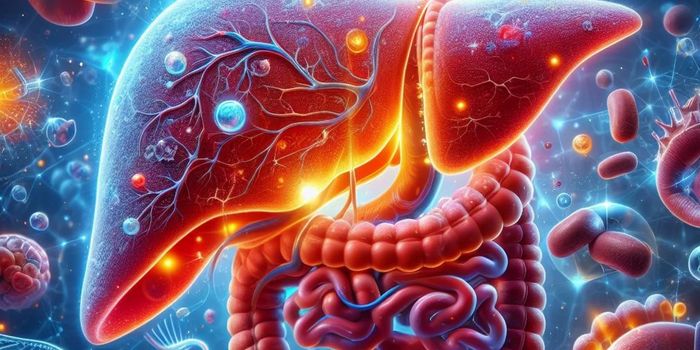Researchers Find Cause of Flares in Rare Autoinflammatory Disease
Mevalonate kinase deficiency (MKD) is a rare genetic disease caused by mutations in the mevalonate kinase gene, which encodes for a crucial enzyme that can be found in most cell types in the human body. MKD patients experience a buildup of abnormal proteins due to the loss of functional mevalonate kinase, which causes immune cells to malfunction, triggering inflammation. Researchers have now discovered that a rise in the core body temperature of MKD patients can cause flares of their autoinflammatory disease. The findings have been reported in the Journal of Clinical Investigation.
MKD is typically diagnosed in early childhood, when patients begin to experience high fever, skin rashes, ulcers, abdominal pain and swollen lymph nodes on a regular basis. In severe cases, neurological and developmental problems also occur, and may be fatal. Right now, there are no treatments for the disorder, but this study can help change that. Autoinflammatory disorders happen when the innate immune system is triggered when it shouldn't be, while autoimmune disease involves the erroneous activation of adaptive immunity. Autoinflammation can be related to antigen-dependent mechanisms, while autoimmunity can involve autoantibodies.
"Our research provides exciting new insights into the underlying physiology of MKD and what may be triggering the inflammatory flares, opening up potential new ways of treating this devastating disorder," said Professor Mike Rogers, Head of the Bone Therapeutics lab at the Garvan Institute of Medical Research.
Studying the disease has been challenging, particularly because there have been no reliable animal models to study MKD. As such, we don't understand MKD or what causes it to flare, noted lead study author Dr. Marcia Munoz of the Garvan Institute.
For this work, the researchers created new mouse models with genetic engineering, recreating the biochemical disruption carried by MKD patients in the animal.
Increases in core body temperature can happen because of stress or mild infections, noted Munoz, and these significantly worsened the effect of the mutation. There was a dramatic increase in abnormal proteins, which is probably what is causing inflammatory flares in patients, Munoz added.
The severity of MKD can vary significantly from one patient to another, though researchers don't fully understand why. The disorder occurs when people carry two copies of mutant MKD genes, and there are over 250 MKD mutations that have been linked to the disorder. This makes it "...difficult to predict what combination causes a mild or severe version of MKD," said Rogers.
Various combinations of mutations were introduced into the animal models, with enzyme activity lowered to ten to twenty percent of normal. This showed that there is a threshold effect.
"At about 20 percent activity, there is no disease. Disease starts to appear if enzyme activity falls below this threshold, when the effect on proteins really kicks in," Rogers explained.
If the enzyme was 20 percent active, mice had mild disease, but if it dropped to ten percent activity, the symptoms became more severe and the levels of abnormal proteins increased. When body temperature also went up, the enzyme activity dropped even further, with activity becoming nearly undetectable.
Clinicians might be able to measure enzyme activity levels in blood to determine disease severity in patients, noted Rogers.
This research has also suggested that a complex called NLRP3, which is known to be involved in inflammatory disease, may also be related to MKD.
Sources: Garvan Institute of Medical Research, Journal of Clinical Investigation









